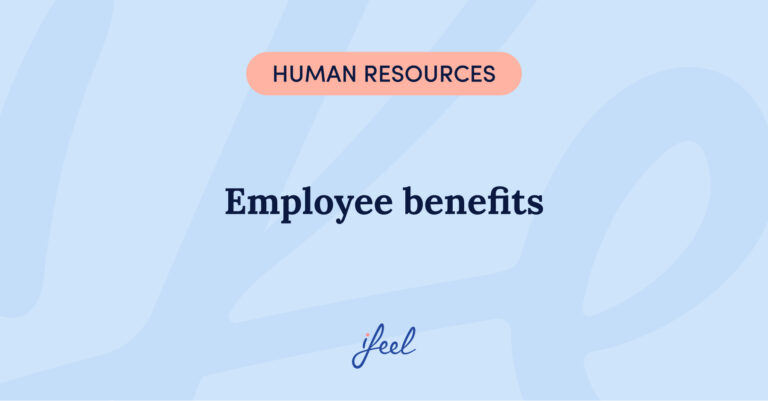To set and achieve your professional goals is very tempting, but it is not always easy to be consistent enough to accomplish them. Sometimes we want to travel but we don’t really know where we want to get to, which makes us end up wandering and taking several detours before going back to the starting point. Other times we are very clear about where we want to go and what our objective is, but we start the journey with so much enthusiasm that we burn out before we make it to the finish line.
How to achieve your professional goals
No matter what our job role is, every employee has professional goals. These can be both short and long-term (finishing certain projects or wanting to get a promotion…). There are many types of objectives, and not all of them require the same strategy. In this article, we want to share with you four tips that will make the journey to achieve your professional goals less bumpy and more enjoyable.
1. Calculate deadlines accordingly
Remember that carrying out a project has its own timeframe, but this cannot be organised in just any way. Professional goals must have their own expected deadline because not setting one is inefficient and reflects a lack of commitment to your final objective.
However, when you decide, for example, never to do something again or to do something for the rest of your life, it is important to meet those deadlines. Thinking about “forever” can be overwhelming since it is a hugely hypothetical and challenging deadline to manage, especially since we don’t know how long that forever is going to last.
It is important to set goals in more manageable and realistic timeframes that have a more focused connection to the present: our life is today, these weeks, do not think it is always efficient to set it far into the future.

2. Specify the terms and conditions
Being aware of the components that make up our objectives is essential. It is an exercise in operationalisation that helps us to see them clearly, facilitates the strategy needed to achieve them and, as in the case of the calendar, indicates a greater commitment to the objective.
An undefined, vague, overly general objective is like a very loose law: there is room for everything, so it is very easy to break it because it is not clear at any point what conditions are being met. In other words, the more general a goal is, the more open the door is to making excuses for not being able to reach your goal. Make your goal concrete and then you can change it as you go along, but don’t start without knowing where you are going.
3. Follow your own path
It is one thing to be inspired by the example of those next to you and a different thing is to enter a competition with them to see who gets there first or who is capable of achieving the most ambitious goals in the shortest time. Everyone has their own reasons, resources, and limitations, so what others do does not always serve as an adequate reference to achieve your professional goals.
That is why it is important not only to not compare yourself with other employees (especially if you always do it with those who are above you) but also to compare yourself with yourself to get a better idea of your own pace and progress. You don’t have to impress anyone; you just have to be comfortable with the things you do to achieve your professional goals.

4. Think carefully about your motivation
Be aware of why you are setting out to achieve your professional goals. It has to be something that, in some way, matters to you but also affects your performance and motivation. Remember, the more ambitious your goals are, the more motivation you will need to achieve them, and that motivation will come directly from one source: how important is it for you to achieve your professional goals?
To make sure your objective is not pointless, it is essential that the things you set out to do have a value for your professional development, the expectation of achieving them must be exciting and the reality of achieving them must nourish you in a meaningful way. There may be no glory without risks, but it is clear that without purpose, there will be no fulfillment either.
The goals you set have to be worthwhile for your career path, that is why it is so important to go over them with your manager. This can be done during a performance review or when setting your individual OKRs. This way, you will know how it feeds into your performance and career path.
How you can achieve your professional goals with ifeel by your side
We know each project requires its own particular luggage, just as there is no one-size-fits-all suitcase for any kind of journey. But if you want to get to a certain place by a certain date, you have to approach things in a relatively orderly way.
Ifeel is a mental well-being solution for companies, designed by its team of expert psychologists, with one primary objective: to help companies put employee health at the top of their strategic pyramid when they want to boost sustainable productivity.
Thanks to this collaboration, the people in charge of human resources departments can receive personalised, data-driven advice on how to properly manage the different needs that their team members may or may not have and be more efficient in boosting their psychological well-being.
Moreover, this solution offers employees a holistic mental health care service structured at different levels according to their needs. This service includes, if required, online psychological therapy with a psychologist specialised in cases like theirs. Try our mental well-being solution now to see how it could help you.
We hope you found this post about how to achieve your professional goals interesting. If you would like more information about our mental well-being solution for organisations, simply request it, and we will contact your team as soon as possible.











